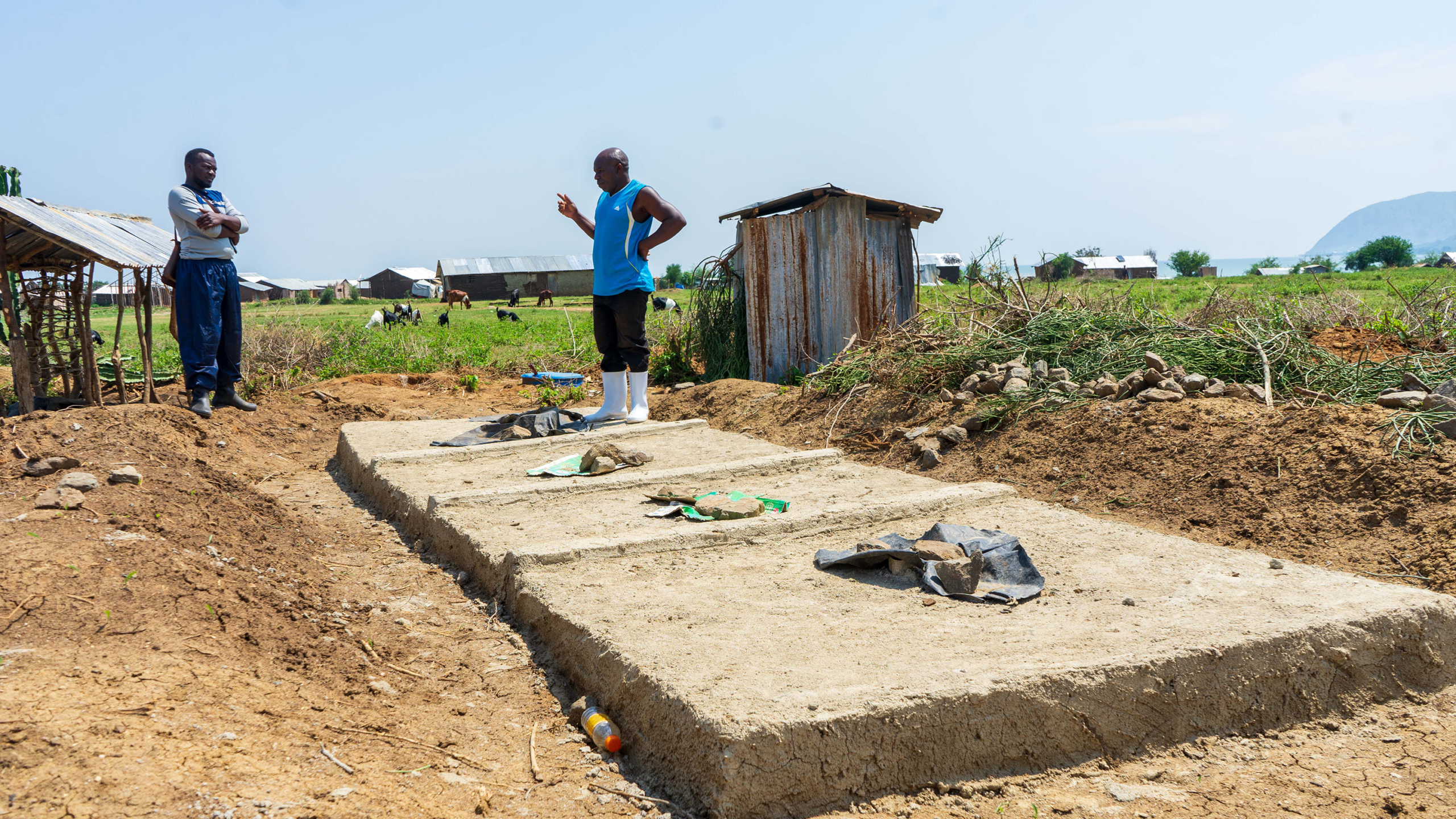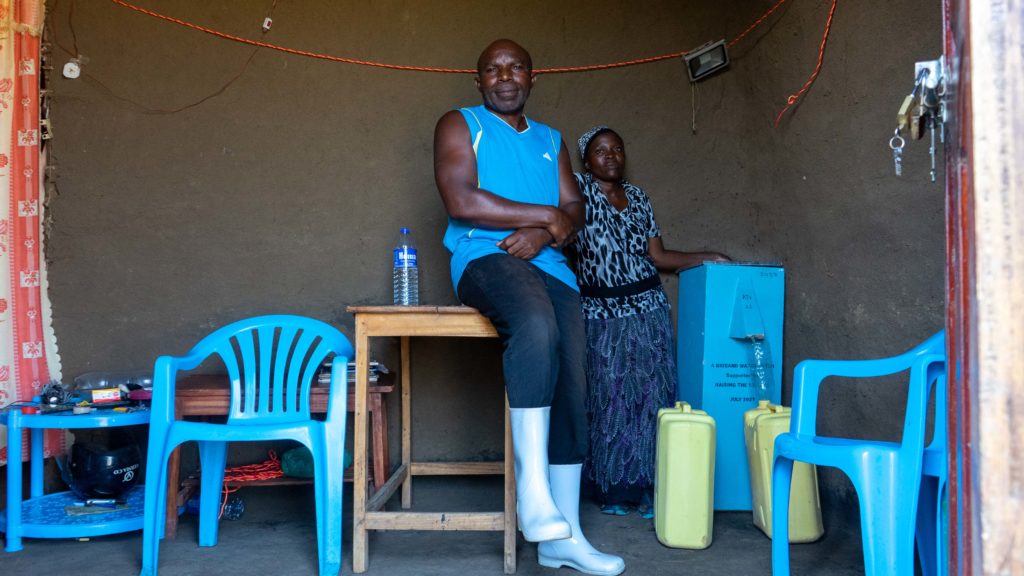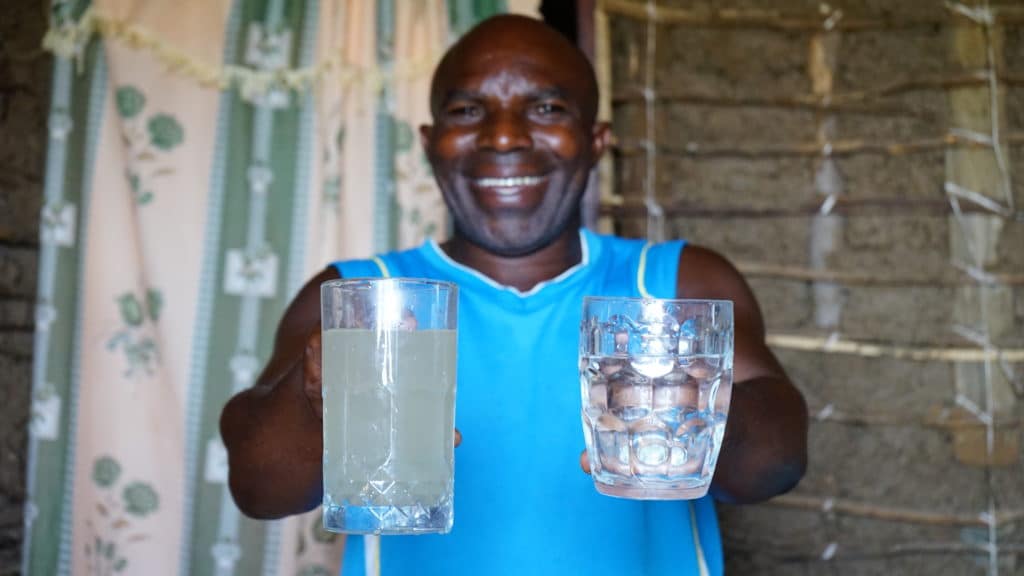Rebuilding Their Lives

In the southeastern parts of Uganda, situated around Lake Albert, lies the Kabukanga cluster with ten of our partner villages. These villages are the true representation of what it means to be last-mile, with the most challenging access and the region lagging far behind in socio-economic development as a result. We partnered with the communities in early 2020 to introduce our programs including WASH training & latrine construction, health outreaches, water rehabilitation projects, financial literacy training, and agricultural & livestock programming among other interventions.
In late 2020, the cluster began experiencing heavy rainfalls and the rising water levels in the lake flooded the villages, cutting the villages off from the rest of the mainland. The floods increased the risks of waterborne diseases like cholera and malaria and impacted the progress achieved over the past months.
As the flood water levels subsided in early 2021 and the communities started focusing on recovery, it was clear that access to clean water, hygiene, and sanitation were the most urgent priorities. Following a needs re-assessment, and another round of community reviews, RTV modified our project design to respond to the urgent challenges these communities faced.

“Open defecation was the order of the day since our toilets were washed away by the floods. Now we have toilets in our new homes which is positively promoting our sanitation and protecting us from diseases.” Malaki stated.
The project design increased the number of latrines to be constructed to increase coverage, and the focus on Sanitation & Hygiene sensitization and training was increased.
Kamina, one of our partner villages in the cluster, was hit hard by the floods and the communities were facing dire sanitation conditions with no access to clean drinking water. Malaki, the Water Sanitation and Hygiene WASH committee chairperson of the village shudders thinking about the time.

Biosand water filters were introduced with training to ensure proper maintenance as part of the project redesign. With these filters, communities are able to fetch water from the lake and filter it at the convenience of their homes.
Access to clean water was essential for the revival of the community after the disaster. Due to the scarcity of clean potable water in three villages, biosand water filters were introduced with training provided to ensure proper maintenance as part of the project redesign. With these filters, communities are able to fetch water from the lake and filter it at the convenience of their homes.
The communities in Kabukanga are making good progress after enrolling in the program and following the flooding, especially in the areas of Water, Sanitation & Hygiene (WASH), which they consider the most effective intervention after the floods, Now, with replacement seeds, tools, and livestock inputs provided, the communities are focused on rebuilding their livelihoods to work towards recovery and growth.

